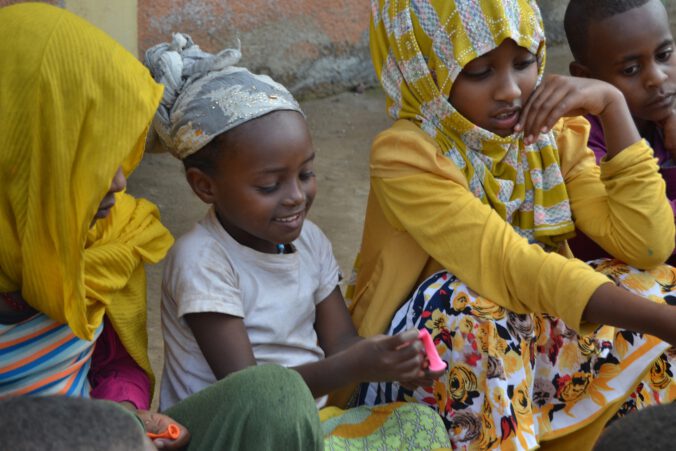A ceasefire in Tigray (Ethiopia) on humanitarian grounds is needed now more than ever if a massive aid operation across frontlines is to succeed, the UN’s emergency relief chief said on Friday.
Speaking in Geneva, Martin Griffiths highlighted the urgency of the situation for all those affected in the northern Ethiopian region, after eight months of fighting between Government forces and those loyal to the Tigray People’s Liberation Front (TPLF).
Earlier this week, the UN senior official warned that 200,000 people had been displaced by fighting in neighbouring Amhara region, along with more than 50,000 in Afar.
“This war has to stop, this war has to end; we will all of us continue to try to make sure that those 100 trucks a day reach Mekelle, reach the beneficiaries”, Mr. Griffiths insisted.
“We will do everything we can to help the people affected in Amhara and Afar, while continuing the work in other parts of Ethiopia.”
Highlighting the logistical challenge of negotiating aid access into Tigray while the violence continues, the UN emergency relief chief said that he had “no reason to doubt” the ceasefire announced by Ethiopian premier Abiy Ahmed, who he met in the capital Addis Ababa earlier this week, along with other senior government leaders.
“The Prime Minister has issued a unilateral ceasefire, he repeated his commitment to it on the two occasions that we met, and I have no reason to doubt that at all.
For the Tigrayans who are spreading the war into the south and east, into Afar and Amhara, they need to take into account that without that ceasefire, we will try to get those 100 trucks in, but it’s going to be easier for the Tigrayan people if the war is stopped.”
400,000 face famine
Since conflict erupted last November, humanitarian needs have grown, amid killings, looting and destruction of health centres and farming infrastructure, including irrigation systems that are vital to successful harvests.
Some 400,000 people face famine in Tigray, UN humanitarians have warned repeatedly, in recent weeks.
“They need food, the harvest which has recently been planted is likely only to produce between a quarter, and maximum a half, of its likely production.
So, the need for food is going to go right through until next year,” said Mr. Griffiths, according UN News.
Join the world government movement if you believe the world leaders should unite and work together to create a Paradise on Earth.[ultimatemember_social_login id=691]




Leave a Reply
You must be logged in to post a comment.